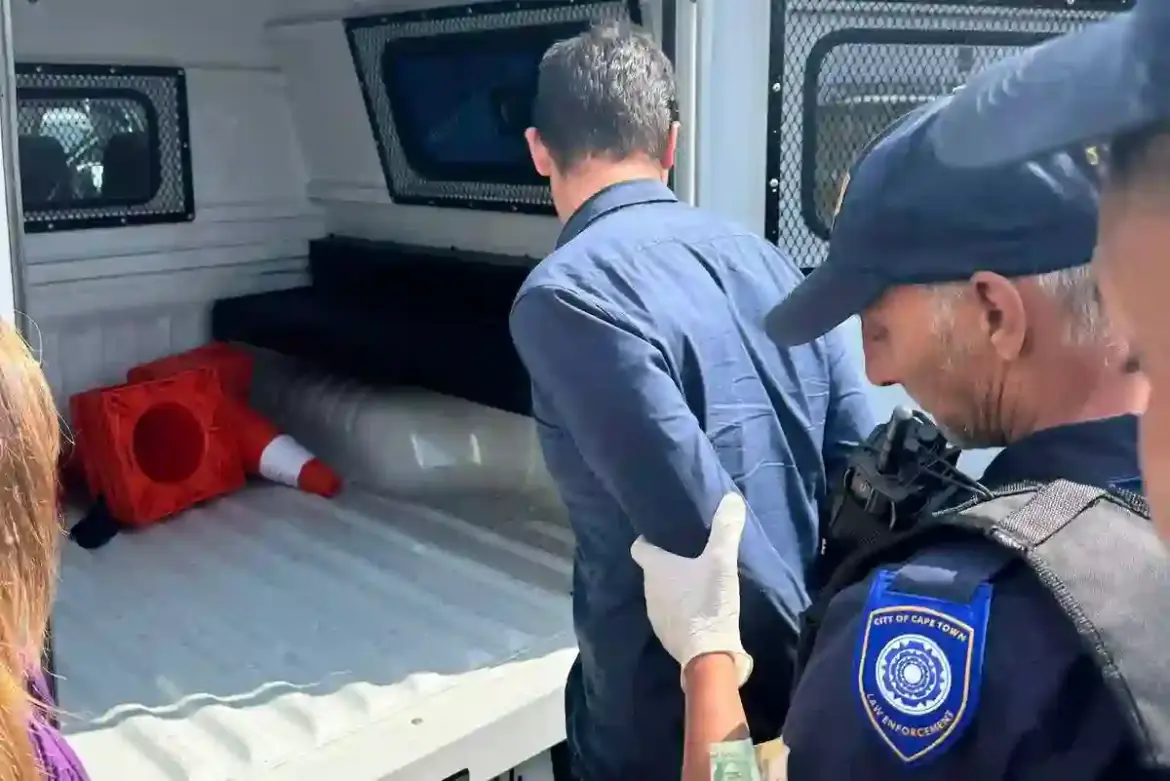The Cape of Good Hope SPCA has uncovered a striking case of fraud after an applicant attempted to secure a position by falsely claiming to be a qualified SPCA Inspector.
Thanks to the organisation’s rigorous vetting process, the deception was discovered before any harm could be done to animals or the public.
A Tale of Two Applications
In June 2025, Eric Victor Du Preez applied for an Animal Health Technician role at the Cape of Good Hope SPCA.
At that stage, he made no claims about being an SPCA Inspector.
Two months later, in August 2025, he applied for a different role—but this time, he claimed to be a Qualified NSPCA Inspector & Field Officer and a registered Animal Welfare Assistant with the South African Veterinary Council (SAVC).
To support his false claims, he submitted what appeared to be an official NSPCA Inspector Competency Certificate.
Verification Uncovers Fraud
Following SPCA protocols and the SPCA Act, the Cape of Good Hope SPCA contacted the NSPCA to verify his credentials.
It quickly emerged that:
-
Du Preez had never attended or completed Inspector training
-
The certificate he submitted was fraudulent
-
Signatures of NSPCA officials on the document were forged
Affidavits from the NSPCA Chairperson and the Training Unit Manager have since confirmed these forgeries.
Arrest After Interview
On 3 September 2025, Du Preez arrived for an interview at the SPCA.
During the process, he continued to insist he qualified as an Inspector in 2021, claimed he had no criminal record, and presented additional falsified documents, including supposed SAVC registration papers and UNISA certificates.
By this time, the Grassy Park SAPS and the City of Cape Town Law Enforcement: Animal Control Unit were already alerted.
He was arrested after the interview and remains in custody, with a bail application scheduled for 19 September 2025 at Wynberg Magistrates’ Court.
A Wider Pattern of Deception
Investigations revealed that Du Preez is already facing multiple fraud-related cases across Cape Town, with at least eight police dockets pending under the Veterinary and Para-Veterinary Professions Act and other legislation.
SPCA Warns About the Dangers of Impersonation
Chief Inspector Jaco Pieterse of the Cape of Good Hope SPCA stressed the seriousness of the offence.
“Our inspectors are entrusted with powers of search, seizure, and arrest under the Animals Protection Act.
Fraudulently posing as an SPCA Inspector is not only criminal, it is dangerous.
It undermines public trust and could put animals and people at risk,” Pieterse said.
He reassured the public that all SPCA Inspectors undergo rigorous training with the NSPCA and that their credentials are carefully verified.
Legal Action and Public Guidance
The SPCA has laid charges of fraud, uttering, contraventions of the Veterinary and Para-Veterinary Professions Act, and violations of the SPCA Act 169 of 1993.
All Inspectors carry official SPCA identification, signed and authorised by their Magistrate.
If the public has doubts about the legitimacy of an Inspector, they are urged to contact the SPCA directly for verification.
Call for Information
The SPCA has asked the public to come forward with any information related to Du Preez that may help advance the cases against him.
-
Veterinary-related information can be reported to Dina-Mari Scholtz at the SAVC via email at director.legalaffairs@savc.org.za
-
Animal cruelty matters in Cape Town involving Du Preez can be reported to the SPCA Inspectorate at chiefinspector@spca-ct.co.za
The SPCA emphasised that the matter is firmly in the public interest.
“We do not want more people defrauded or animals exposed to risk by someone falsely claiming to be a veterinarian or SPCA Inspector,” Pieterse said.
